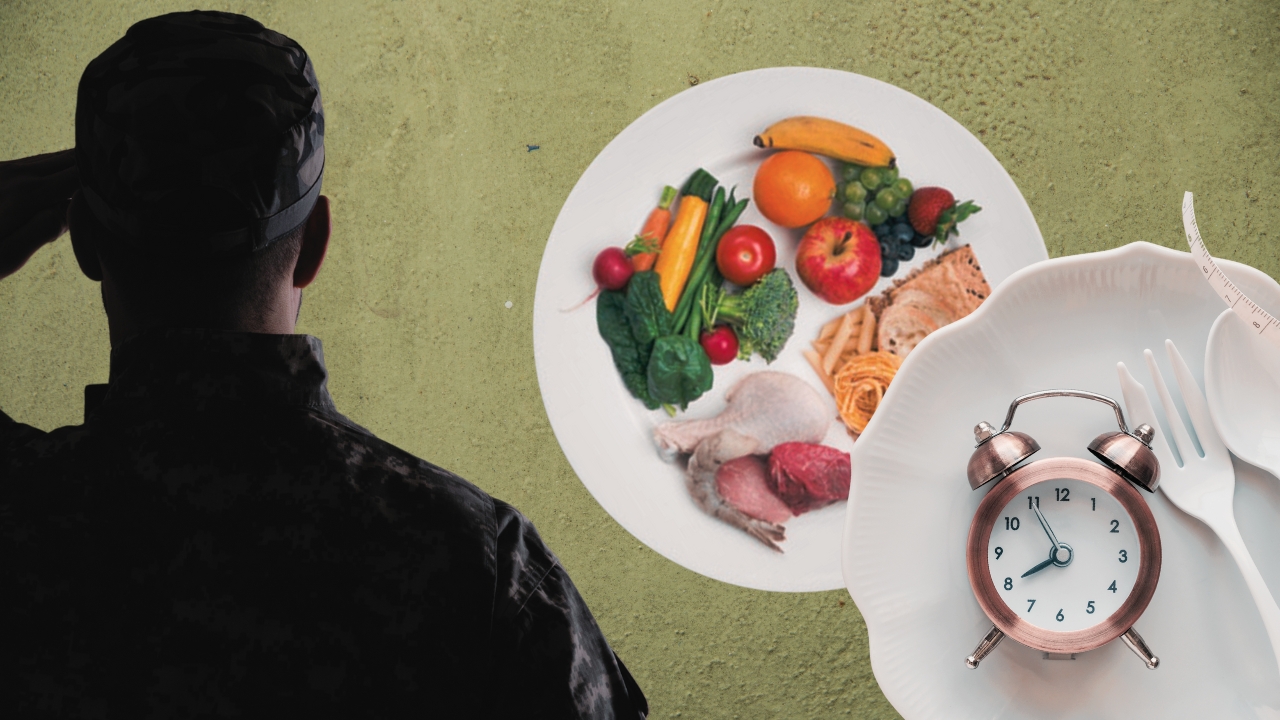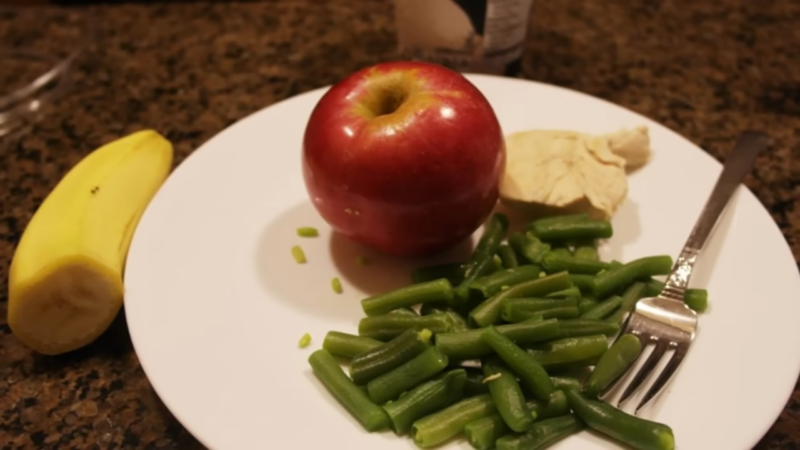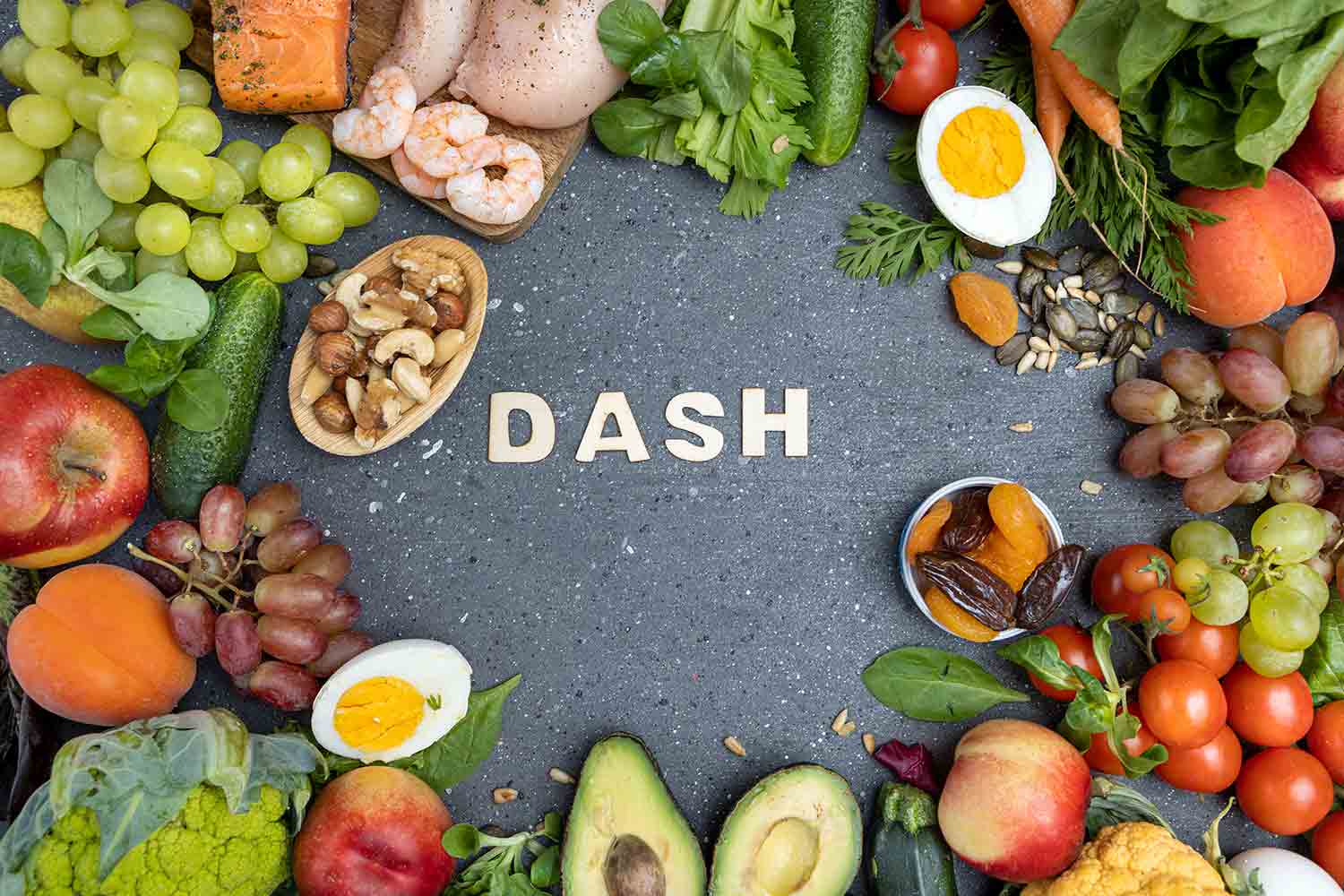In the quest for quick weight loss solutions, the Military Diet has emerged as a popular yet controversial option. This diet, which claims to help individuals lose 10 pounds in just one week, has been the subject of much debate.
But does it really deliver on its promises? And more importantly, is it a healthy choice for those looking to shed weight?
In this post, I will discuss this diet, exploring its methodology, its potential benefits, and its drawbacks. I’ll also explain why, despite its effectiveness for short-term weight loss, it might not be the best option for everyone.
Overview of Diet
The Military Diet is a structured weight loss plan that lasts for a week and is divided into two phases: three days of strict dieting followed by four days of less restrictive eating while still maintaining a calorie deficit according to Healthline.
It’s known for its specific food combinations, such as grapefruit, toast, and peanut butter, and it requires no supplements, exercise, or special meals Reflecting on the text of Jabeen Begum, MD.
But, with no scientific research backing its safety, it’s worth a closer look. Generally speaking, if you want to lose weight, there are healthier alternatives that can be done even without dieting.
My recommendation is to avoid this diet.
Can You Lose Weight With It?
Yes, following the Military Diet can result in weight loss.
The strict calorie restriction and specific food combinations can lead to a significant reduction in water weight and some fat loss over the short term.
According to this NCBI study.
However, this quick fix might not be as beneficial or sustainable as it seems.
I tried it once, and it didn’t reflect well on my health, I had a sudden drop of immunity and felt sick for like 2 weeks.
Pros
- Many can see a drop in the scale due to the severe calorie restriction and specific food combinations that can act as diuretics as per Cleveland Clinic.
- It does not require expensive supplements or special meals.
Cons
- The diet is highly restrictive, which can lead to nutrient deficiencies and is not sustainable in the long term.
- Such restrictive eating can lead to an unhealthy relationship with food and potential eating disorders according to Verywellmind.
- The low-calorie intake does not support an active lifestyle and may lead to fatigue and decreased muscle mass.
Breaking Down
The Military Diet involves a precise list of foods for three days, including grapefruit, bananas, toast, and peanut butter, followed by a more flexible diet for the next four days, with the recommendation to keep calories low.
Here’s a closer look at why this might not be the best approach.
Calorie Restriction and Short-Term Weight Loss
The principle behind the Military Diet is simple: calorie deficit leads to weight loss.
The body is forced to use stored fat for energy by drastically reducing calorie intake, resulting in weight loss.
But much of this initial weight loss is water weight, not fat, and is likely to return once you resume a normal diet.
Nutritional Imbalance
The Military Diet’s restrictive nature means it lacks diversity in nutrients.
This can lead to deficiencies in essential vitamins and minerals, impacting overall health.
Nutrition is the source of energy that is required to carry out all the processes of human body. A balanced diet is a combination of both macro- and micronutrients. “Nutritional inadequacy” involves an intake of nutrients that is lower than the estimated average requirement, whereas “nutritional deficiency” consists of severely reduced levels of one or more nutrients, making the body unable to normally perform its functions and thus leading to an increased risk of several diseases like cancer, diabetes, and heart disease.
Long-term adherence to such a diet could compromise immune function, bone health, and more, just like my immune system suddenly dropped after dieting on this particular one.
Psychological Impact
The diet’s extreme nature can also have negative psychological effects, fostering an unhealthy relationship with food.
The cycle of strict dieting followed by “normal” eating can lead to yo-yo dieting, which is not only ineffective for long-term weight loss but also harmful to mental health as per Everydayhealth.com.
Healthy eating patterns, such as the Mediterranean diet, are associated with better mental health than “unhealthy” eating patterns, such as the Western diet. The effects of certain foods or dietary patterns on glycaemia, immune activation, and the gut microbiome may play a role in the relationships between food and mood.
As per Robyn E Wootton.
Healthier Alternatives
While talking with nutrition expert, MS. RD. Melissa Mitri, I gained some valuable insights from what she shared:
Everyone has their own unique genes, preferences, and goals that influence the type of diet that will work best for them. For example, she had clients who felt fabulous on a low-carb, keto-style diet that is high in fat, but others who feel completely unsatisfied on that type of diet. You can have two people who follow the same diet but experience completely different results she said.
This is why you should never compare your results to others. What’s important is finding your own journey and way of eating that suits you and your lifestyle.
DON’T RUSH, TAKE YOUR TIME!!
Related Posts:
- Can You Get Abs While Bulking? Yes, it's Possible!
- Military Press VS. Overhead Press [Best Lift for Shoulders]
- How Long Does Creatine Take to Work? - When Does It Kick In?
- Trying Out The DASH Diet? Here are 7 Things You Must Know
- "Plan your meals ahead"— Expert Nutritionist Gives…
- Do Grip Trainers Work? - Maximizing Hand Strength















